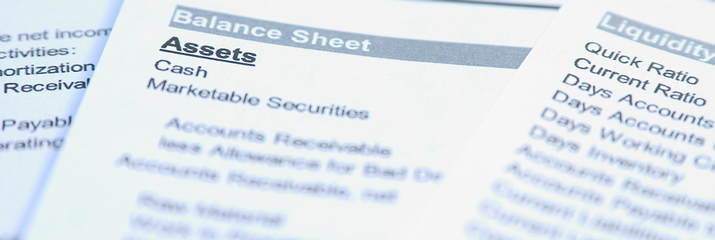When an individual or corporation files for Chapter 7, 11, or 13 bankruptcy, there are various options a creditor has in protecting its claims or interests.
Proofs of Claim
One of the most important first steps for creditors, especially unsecured creditors, is to file a proof of claim. Proofs of claim indicate to the Debtor, the Court, the Trustee (if applicable), and all other interested parties how much debt is owed and the basis for that debt. The claim also may indicate interest rates and the location a creditor wants to get paid once payments by the Debtor or trustee commence. It is particularly important for creditors in Chapter 13 cases because if no claim is filed, that creditor may be deemed to have waived its right to repayment or to assert a claim and therefore that debt may never receive any payment. There are also claims bar deadlines in Chapters 7, 11, and 13 for unsecured creditors so creditors must be sure to get claims filed timely.

Motions for Relief

Once an individual files for bankruptcy protection, an automatic stay typically goes into effect which prevents all collection activity by creditors. However, that does not mean there are not exceptions to the automatic stay or remedies for creditors to lift the automatic stay if the Debtor does not comply with either the Bankruptcy Code or the terms of its Chapter 13 or Chapter 11 Plan of Reorganization. For example, a mortgage lender may be entitled to file for relief from the Automatic Stay if a Debtor fails to make ongoing mortgage payments in a Chapter 13 case. The lender may be entitled to file the Motion if the Debtor becomes delinquent and if the lender can prove the delinquency. If a Motion for Relief is granted, that relief typically allows a creditor to pursue its normal state court remedies such as collections, foreclosure, or repossession as if a bankruptcy case had never been filed. Motions for relief can also be used to repossess vehicles for missed payments or to continue to pursue state court litigation against a Debtor that has been postponed due to the bankruptcy filing.
Objections to Plan Confirmation
A Chapter 11 or Chapter 13 plan typically cannot be confirmed if there has been a timely pending creditor objection to plan confirmation. There are many reasons why there may be a basis for a creditor to file an objection to plan confirmation including but not limited to:
- Opposition to interest rates;
- Opposition to plan terms;
- Failure to fully provide for the creditor’s total claim amount;
- Lack of disposable income or adequate funding for the plan.
Objections to plan confirmation not only serve to protect a creditor’s interest but they may also lead to stronger negotiations with Debtor or Debtor’s counsel regarding treatment of its claim. Even if a Debtor files for bankruptcy protection, a creditor does not necessarily need to sit around and agree to the proposed treatment, if any, that a Debtor sets forth for a creditor.

The list above represents only a portion of the rights and remedies available to creditors and services offered by Shevitz Law Firm. Creditors should speak with a Los Angeles Bankruptcy attorney immediately upon the bankruptcy filing to ensure that they understand their rights and discuss possible options for defending or asserting their claims.
Free Consultations Available Now



